Back to Courses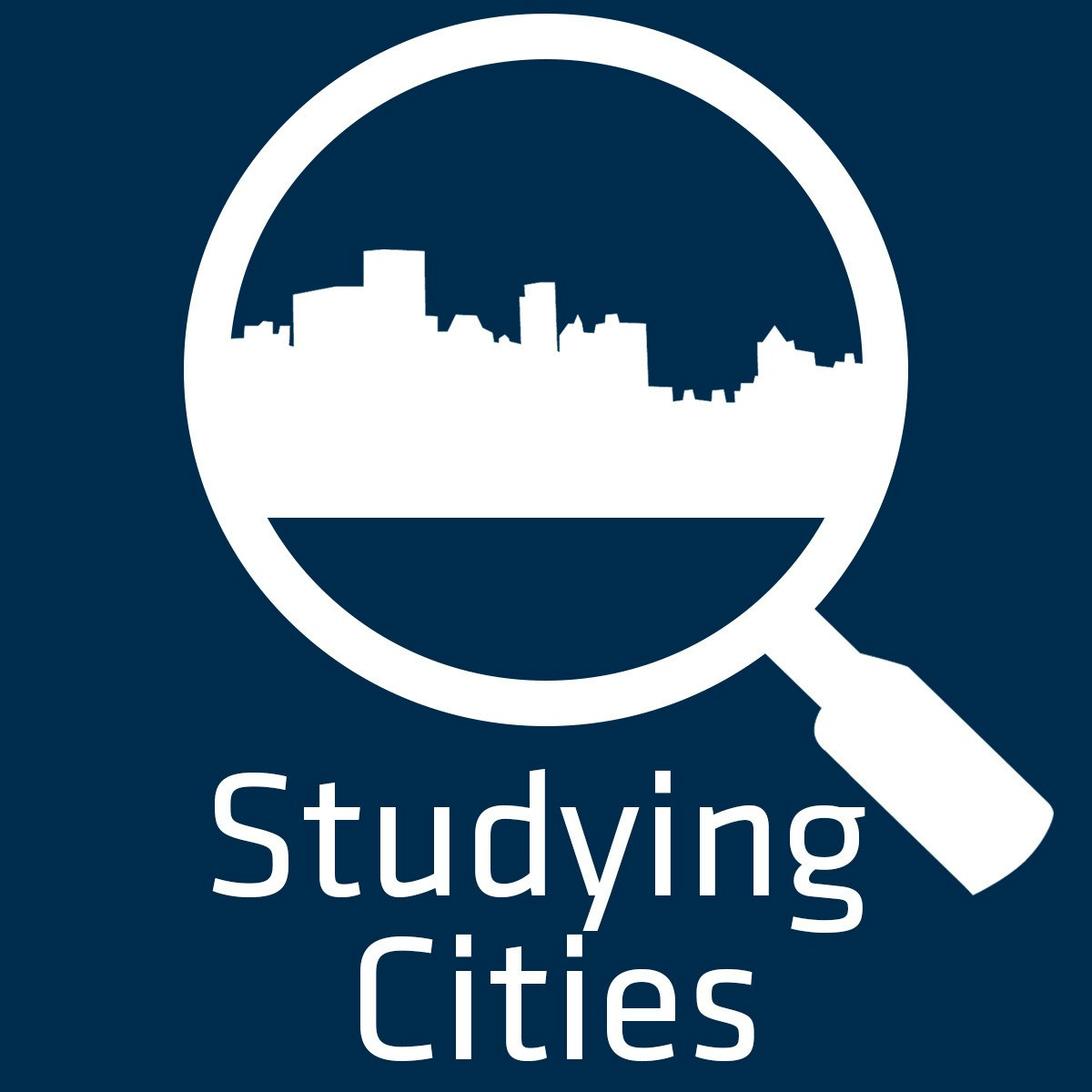

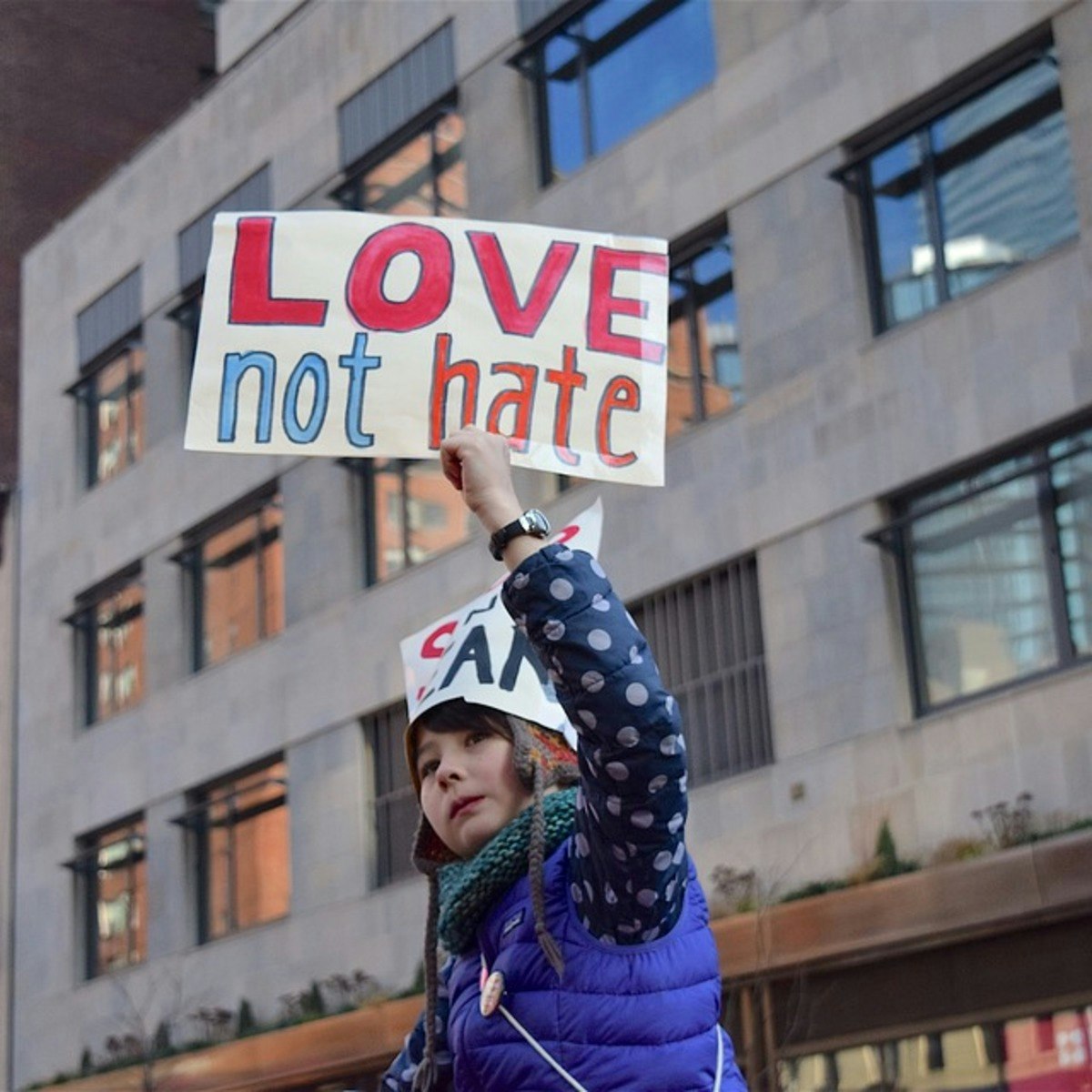

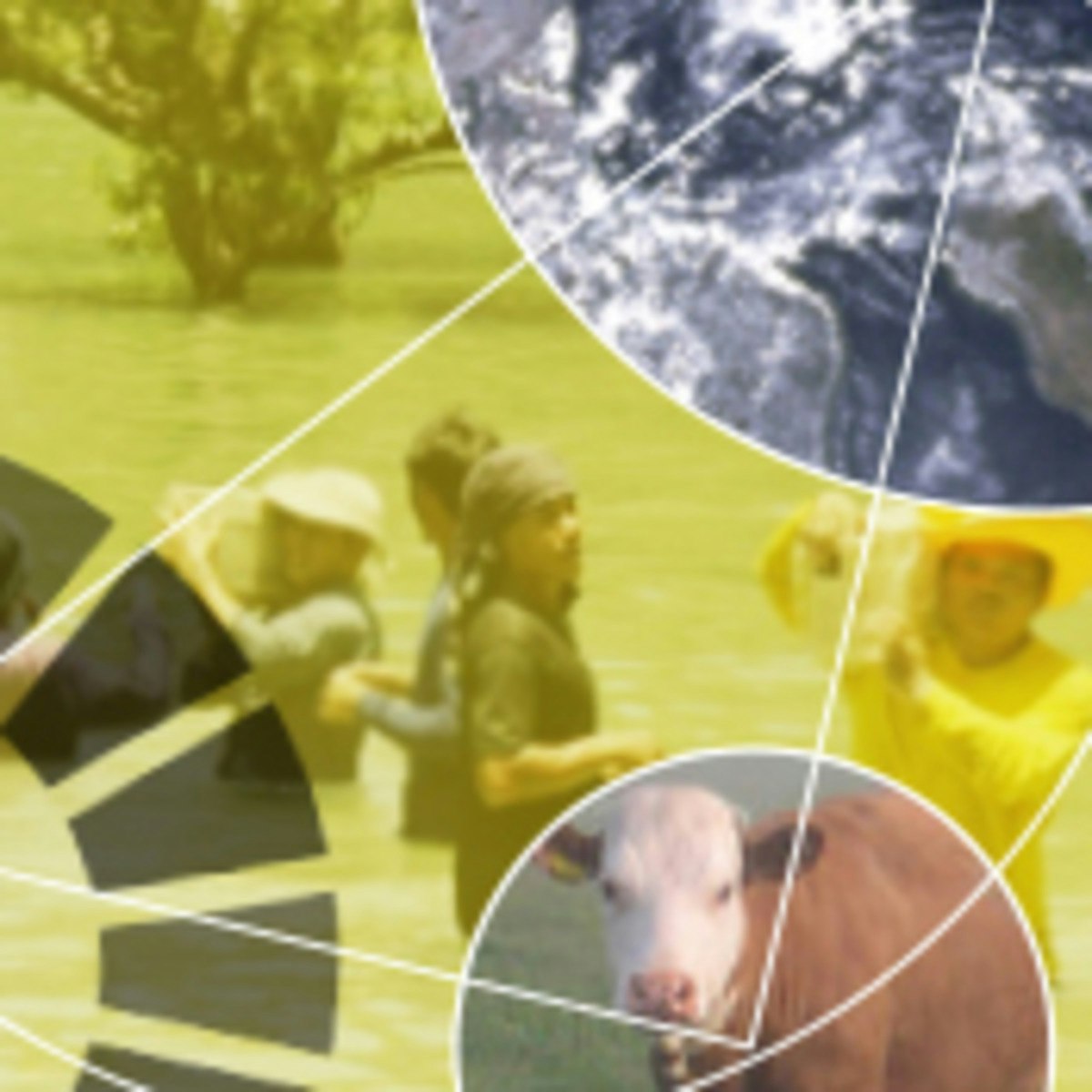
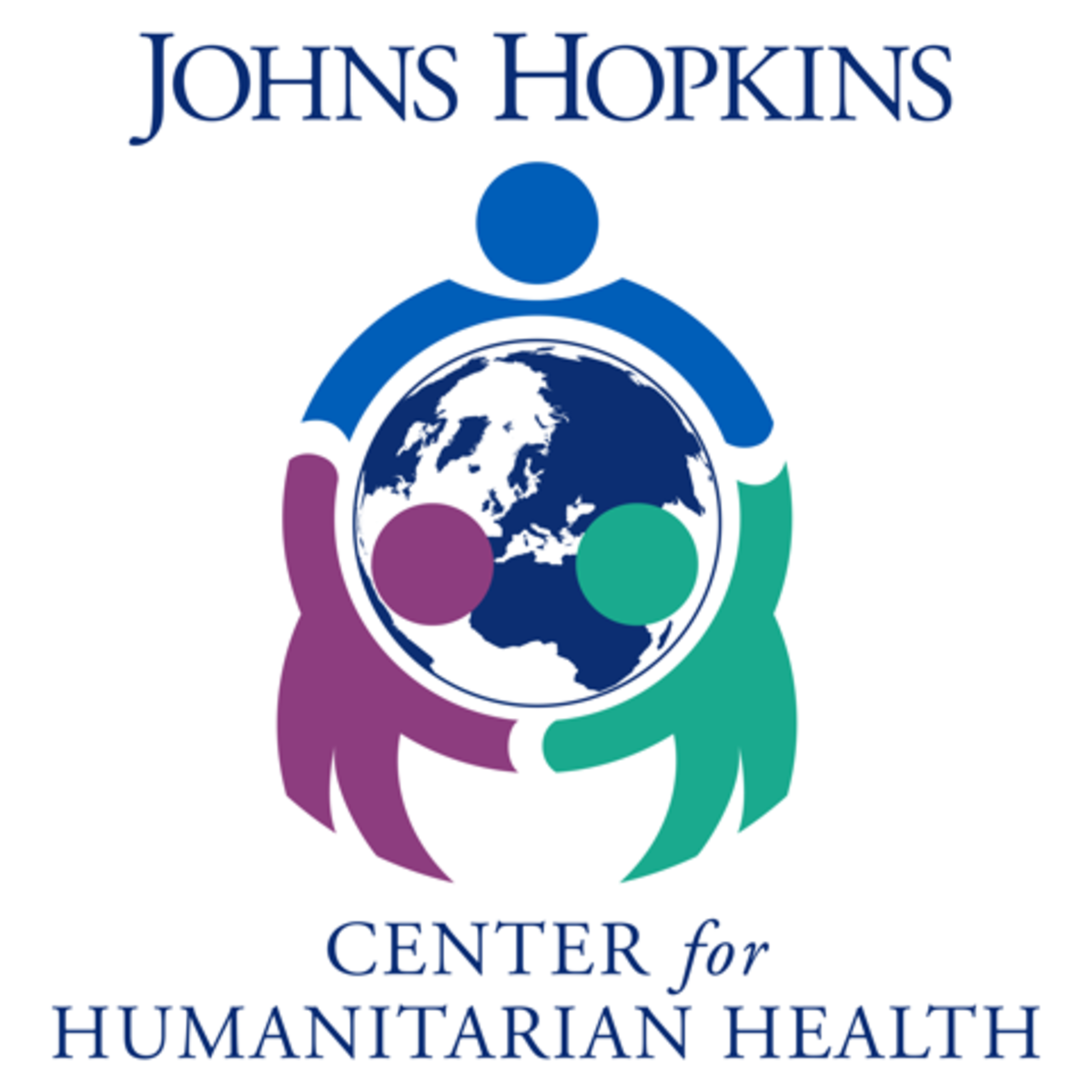



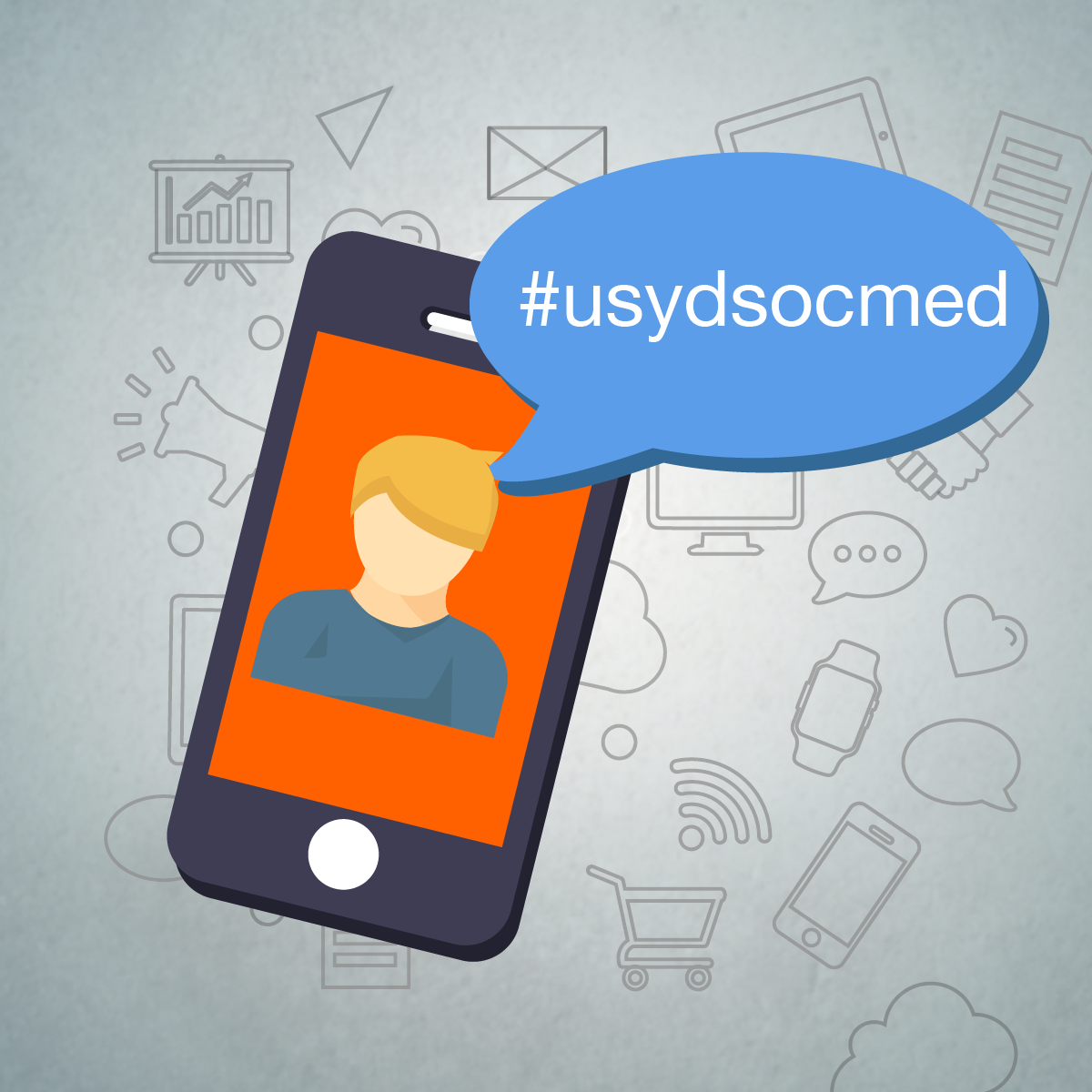
Governance And Society Courses - Page 3
Showing results 21-30 of 270

Studying Cities: Social Science Methods for Urban Research
Welcome!
Are you looking to learn more about how to conduct scientific research, specifically in an urban or local context? Then you have found the right course: Studying Cities: Social Science Methods for Urban Research by the Institute for Housing and Urban Development Studies (IHS), Erasmus University Rotterdam. During the course you will gain more insight in the different steps of the research cycle, and build a firm foundation for your own future research endeavors.
Before any (urban) researcher may start conducting research, it is crucial to understand the different aspects and elements of doing research. The course will guide you through the various steps of the research cycle to provide you with the basic knowledge necessary for any Master-level program, but with a special focus on urban and local development. The course starts with introductory lectures on the problem statement, research objective, empirical cycle and the research question. Over the following weeks you will also learn the components and criteria of the theoretical framework and operationalization, research strategies, and the collection and analysis of quantitative and qualitative data. You will be provided with the necessary tools to understand and evaluate these key steps in scientific research by watching video lectures with in-video questions and by completing the final peer review, which will use all the elements you have learnt throughout the course.

"Making" Progress Teach-Out
What is “progress”? How do we decide when we’re moving forward and not taking steps backward? And how do we explore the idea of progress around public sites of memory? This Teach-Out is an invitation to think about what progress means, and how you can look for it wherever you are—in your city, community, or neighborhood—and reflect upon your own ideas about the place you live in.
Changes in the built environment of our communities are themselves the result of human actions and intentions, such as municipal planning, commercial enterprises, or communities transforming their own space. In other words, in our cities we can see the results of our plans—our attempts to create and shape the future. Neighbors, political groups, corporations, governments, schools, and other organizations, they all shape the community, leaving traces that allow us to see in what directions they transformed our lives.
This Teach-Out will ask the following questions:
• What are the forces that shape and change the places we inhabit?
• How do people connect with places in our modern cities?
• Do places progress?
• How can we measure in them whether there is any “progress”?
We will interview a number of people who work in Atlanta, Georgia, but the questions and places we will see here are comparable to many of other places in the world on what it means to progress. In this Teach-Out you will learn how to find the history of public spaces in any community and how to reflect upon the idea of progress. Finally, you can join a conversation to discuss what has been explored, uncovered, and possibly transformed both within ourselves and our communities.
A Teach-Out is:
– an event – it takes place over a fixed, short period of time
– an opportunity – it is open for free participation to everyone around the world
– a community – it will be joined by a large number of diverse individuals
– a conversation – an opportunity to give and take ideas and information from people
This community learning event invites participants from around the world to come together in conversation with the Emory campus community, including faculty experts. This Teach-Out is part of Emory’s commitment to engage the local and global community in exploring and understanding problems, events, and phenomena most important to our society.
Originating from University of Michigan (Teach-Out.org), Teach-Outs are short learning experiences focused on a specific current issue. Attendees will come together over a few days not only to learn about a subject or event but also to gain skills. Teach-Outs are open to the world and are designed to bring together individuals with wide-ranging perspectives in respectful and deep conversation. These events are an opportunity for diverse learners and a multitude of experts to come together to ask questions of one another and explore new solutions to the pressing concerns of our global community. Come, join the conversation!

Love as a Force for Social Justice
The objectives of this course are:
-To introduce participants to different concepts of love, to empower them to be conscious of the power of love and the possibility of practicing it in everyday life, and to highlight in particular the idea of love as a force for social justice.
-To communicate a sense of personal strength and empowerment by actively learning from each other and beginning to define how participants can apply their learning in service to society.
This course will explore the concept of agape love (compassion/kindness) as a force for social justice and action and as the inspiration for service and the application of knowledge to positive social change. Biological, psychological, religious, and social perspectives of love will be discussed, drawing on the expertise of people from a variety of disciplines.
During the six-week course, the following topics will be raised and discussed: kinds of love/defining love; non-violent communication; love and the biology of the brain; love as a basic concept of religious and ethical beliefs (e.g., Judaism, Christianity, Islam, Buddhism, Gandhian); love applied in action, and poetic expressions of love as a social force. This curriculum aims to foster a sense of the importance of love as a key phenomenon in creating community, connection, and functional societies among humans.
Course materials will draw from a variety of sources. One of the goals of the class is to provide participants with some knowledge of the literature of love, and readings for the course are listed in the outline of the course on the pages that follow.

Politics and Ethics of Data Analytics in the Public Sector
Deepen your understanding of the power and politics of data in the public sector, including how values — in addition to data and evidence — are always part of public sector decision-making. In this course, you will explore common ethical challenges associated with data, data analytics, and randomized controlled trials in the public sector. You will also navigate and understand the ethical issues related to data systems and data analysis by understanding frameworks, codes of ethics, and professional guidelines. Using two technical case studies, you will understand common ethical issues, including participation bias in populations and how slicing analysis is used to identify bias in predictive machine learning models. This course also serves as a capstone experience for the Data Analytics in the Public Sector with R Specialization, where you will conduct an applied policy options analysis using authentic data from a real-world case study. In this capstone exercise, you will review data as part of policy options analysis, create a visualization of the results, and make a recommendation.
All coursework is completed in RStudio in Coursera without the need to install additional software.
This is the fourth and final course within the Data Analytics in the Public Sector with R Specialization. The series is ideal for current or early-career professionals working in the public sector looking to gain skills in analyzing public data effectively. It is also ideal for current data analytics professionals or students looking to enter the public sector.

The Sustainable Development Goals – A global, transdisciplinary vision for the future
In 2015, the UN launched the 17 Sustainable Development Goals (SDGs). Adopted by 193 member states, the goals represent an important international step in setting humanity on a trajectory towards sustainable development. Within this course, you will get a historical overview of how sustainability has been understood, as well as a thorough introduction to the SDGs – what they are, how progress can be measured, and how the SDGs are relevant for the management of the global systems supporting humanity. The course will examine how various societal actors are responding to and implementing the SDGs.
While all of the SDGs are essential to sustainable development, SDG 13, Climate Action, is usually perceived as the most urgent in terms of the need for a swift implementation on a global scale. Therefore, particular focus is given to this SDG. Through the course, you will gain up-to-date knowledge of the current understanding of human impacts on the Earth at the planetary level. Progress towards establishing global management of human interactions with the climate system within the United Nations Framework Convention on Climate Change (UNFCCC) is also discussed.
The course is designed and taught by Professor Katherine Richardson, who is a member of the 15-person panel appointed by the UN General Secretary in 2016 to write the 2019 Global Sustainable Development Report. In each lecture, Katherine interviews experts who provide insights relevant to the topic at hand.
Public Health in Humanitarian Crises 1
This course, Public Health in Humanitarian Crises 1, introduces discussions about the public health approach to problems experienced by people affected by disasters, both natural and related to conflict. The course discusses the many changes which occur in people’s lives when they are uprooted by a disaster, ranging from changes in disease patterns, access to health care, livelihoods, shelter, sanitary conditions, nutritional status, etceteras. We will explore what humanitarian interventions could look like if we want to mitigate the effects of disasters. The course content is a mix of theoretical knowledge and many practical examples from recent disasters. We think this course is unique because it contains so many practical ‘real-life’ examples and is taught by instructors and guest lecturers who together have over 200 years of experience in this field.
The course consists of 10 modules totaling approximately 9-10 hours of delivered content with an additional 2-3 hours of self-work (quizzes and writing and evaluating a short peer-review assignment) as well as lively discussions forums. The course has been designed in a way that each module builds on the lessons of previous modules. However, you may do the modules in any order and some can be done separately.
You do not have to pay for this course if you choose to enroll without a certificate. Sometimes referred to as auditing, enrolling without a certificate means that you will have access to all of the videos, quizzes, assignments, and discussions. The only difference is that you will not receive a certificate upon completion. Click the Enroll Without a Certificate link to sign up and begin the course. Even if you enroll in a session that has yet to begin, you may access most of the course materials right away by clicking the Preview Course Materials link. However, you will have to wait for the session to begin before posting your comments on the discussion forum or accessing the final peer-reviewed assessment. Visit the Learner Help Center for details about session schedules.
If you want to learn more, there is a second course which follows this one entitled, Public Health in Humanitarian Crises 2. We welcome you to take this. The course has a similar set-up and discusses additional topics, such as infectious disease outbreaks, disease epidemiology, maternal and newborn health, mental health, humanitarian project design, humanitarian principles, and many other topics.

The Arctic as a System
In this course you will first learn about the Arctic as a geographic region, the peoples the Arctic, and the long history of Arctic settlement and exploration. Attention then turns to key features of the Arctic environment – its climate and weather, features of the ocean, sea ice, lands and the Greenland Ice Sheet, and some of the rapid changes being observed.
Learning Objectives: Appreciate the long history of the Arctic and its
peoples. Recognize and recall the physical geography of the Arctic, including
major features of the Arctic Ocean and Arctic lands. Describe the key climate and
environmental elements of the Arctic, including its sea ice cover, patterns of
temperature, precipitation, snow cover, land ice, permafrost and vegetation, the
physical processes giving rise to these features, and how they are changing.

Methods and Statistics in Social Science - Final Research Project
The Final Research Project consists of a research study that you will perform in collaboration with fellow learners. Together you will formulate a research hypothesis and design, come up with operationalizations, create manipulation and measurement instruments, collect data, perform statistical analyses and document the results.
In this course you will go through the entire research process and will be able to help determine what research question we will investigate and how we design and perform the research. This is an invaluable experience if you want to be able to critically evaluate scientific research in the social and behavioral sciences or design and perform your own studies in the future.

Act on Climate: Steps to Individual, Community, and Political Action
Are you concerned about climate change? Would you like to learn how to address and respond to this challenge? If so, this course is for you.
Act on Climate: Steps to Individual, Community, and Political Action is intended to help learners understand, address and respond to climate change as individuals and in partnership with their communities and political leaders. The course focuses on how to translate learning into action on climate change in the areas of food, energy, transportation and the built environment (cities). This course was co-developed and taught by Michaela Zint, Professor of Environmental Education and Communication, and University of Michigan Students. A range of academic climate change experts and professional leaders are featured.
As a result of completing this course, you will be able to:
1) Identify individual, community, and political actions you can engage in to effectively address and respond to climate change.
2) Describe how insights from the social sciences can be employed to create change at the individual, community, and political levels.
3) Feel empowered to continue to influence how you, your community, and political leaders address and respond to climate change.
Use #UMichActonClimate on social media to share what you're doing and connect with other learners.

Ethical Social Media
Social media connects us across space and time, allowing us to find like-minded communities and participate creatively in public life as never before. We may often use social media without thinking much about the possible consequences. But there is a shadow side associated with social media use, which takes the form of hate speech, increased surveillance, lack of anonymity and questionable use of our data. What do we need to know to use social media spaces effectively, in a way that is safe and productive for all?
This course will guide you into a deeper exploration of online identity, social media communities and their users. You will examine the ways that social media is being used by public institutions such as government to build participation and conversation with audiences. You will encounter the most common ethical debates in social media.
You will also have the opportunity to build your practical skills by developing your professional social media profile, defining your audience, building your social media influence and understanding how to interpret data analytics to "listen" and communicate well.
Popular Internships and Jobs by Categories
Find Jobs & Internships
Browse
© 2024 BoostGrad | All rights reserved